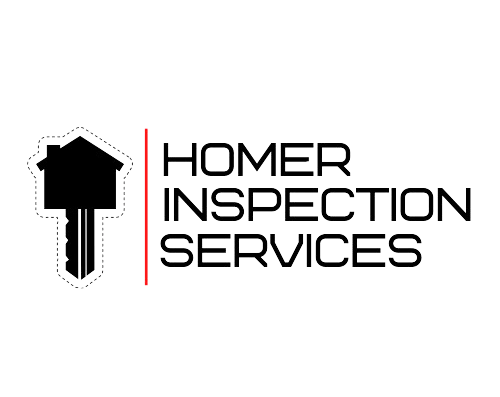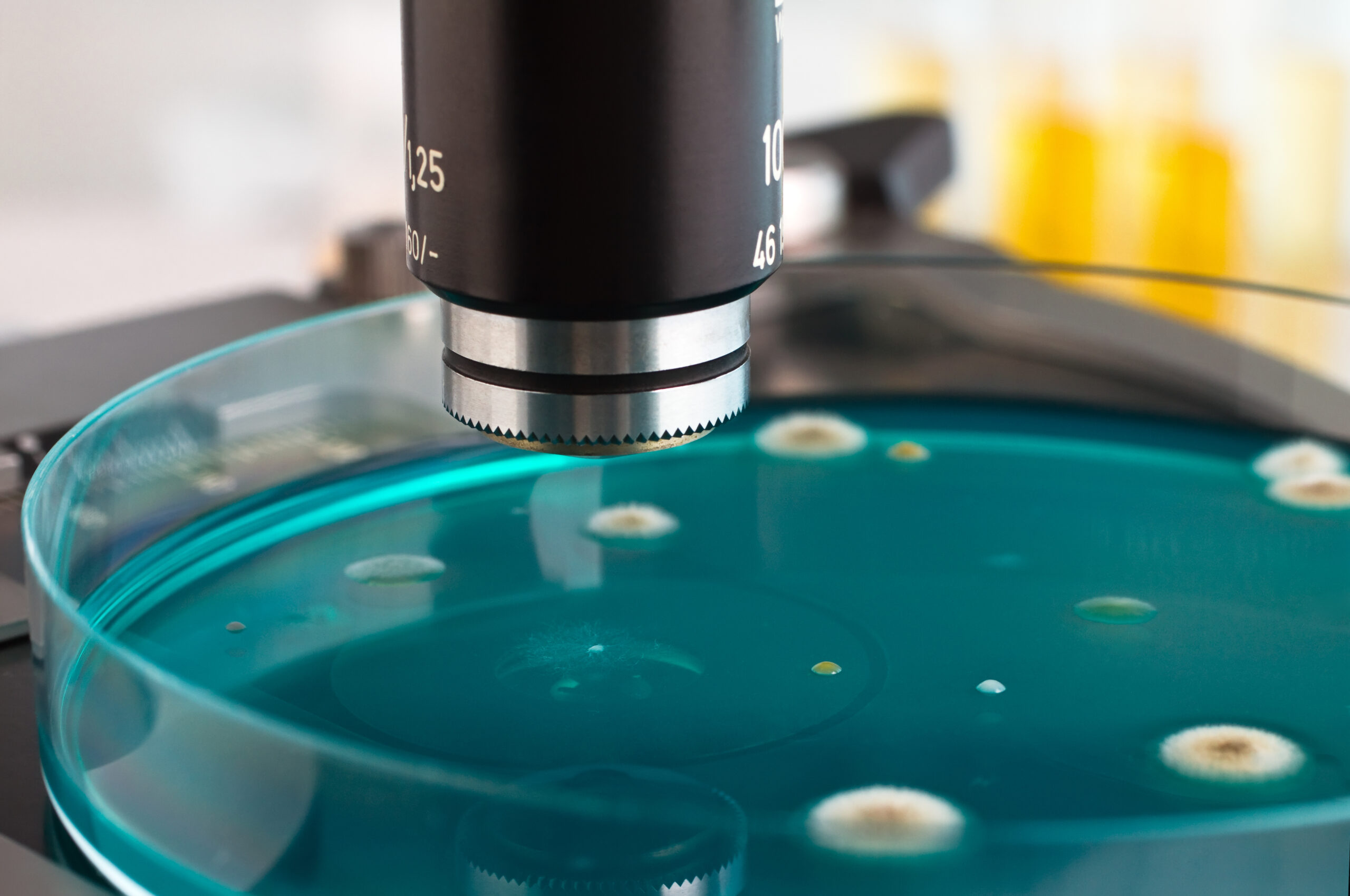Professional Mold Inspection & Testing Services in PA, DE, & MD
The Core Problem & Your Solution
Concerned about musty odors, visible growth, or unexplained allergy symptoms in your home? Mold is a common problem, but addressing it quickly and professionally is crucial for your health and property value. Our certified, non-biased inspectors provide thorough, non-destructive mold inspection and testing across Pennsylvania, Delaware, and Maryland.
✅ Non-Biased: We only inspect and test. We do not perform remediation, ensuring objective, conflict-free results.
🔬 Scientific: Utilizing advanced technology and accredited lab analysis for accurate diagnosis.
🏠 Local Expertise: Specializing in the unique environmental and housing conditions of PA, DE, and MD.
What is Mold? (Mold Basics)
- Mold is a type of fungus that is part of the natural environment. However, when mold spores land on a damp spot indoors, they can begin to grow, leading to health and structural issues.
- The Key to Mold Control is Moisture Control. Mold needs moisture, food (like drywall or wood), and the right temperature to thrive. The EPA offers helpful Guidelines on Moisture Control.
When to Get a Professional Mold Inspection





Our Non-Destructive Mold Inspection Process
Step 1: Background & Pre-Inspection Investigation
- Client Interview: We begin by discussing the building’s history, any past water intrusions (leaks, floods), current occupant health complaints, and any specific areas of concern.
- This vital step helps us develop a targeted sampling protocol for the subsequent inspection.
Step 2: Thorough Visual & Non-Destructive Assessment
Our inspection is non-destructive, meaning we locate potential issues without damaging the structure, minimizing risk and exposure. We use state-of-the-art tools:
- Infrared Thermal Imaging Cameras: Detect subtle temperature differences that often indicate hidden moisture pockets and water intrusion points behind walls, ceilings, and floors.
- Moisture Meters (Non-Penetrating): Accurately measure the moisture content of building materials like drywall and wood, identifying areas conducive to mold growth.
- Borescopes/Video Scopes: Small, flexible cameras used to inspect difficult-to-access, small cavities (like inside a wall or ceiling void) through tiny, pre-existing openings without causing major damage.
Step 3: Professional Mold Sampling & Testing
| Sampling Technique | What it Does | Why it's Used |
|---|---|---|
| Air Sampling (Spore Traps) | Measures the concentration and type of airborne mold spores indoors compared to an outdoor baseline sample. | Identifies hidden mold and assesses the overall air quality in the concern area. |
| Surface Sampling (Swab/Tape Lift) | Collects a sample from a visible or suspected area of mold growth. | Identifies the specific type of mold present to guide remediation, especially if it's a mold known to be a greater health concern. |
Step 4: Comprehensive Written Report
After lab results are returned, you receive a detailed, easy-to-understand report within a specified timeframe. The report includes:
- Background & Observations: Summary of the client interview and visual observations (water staining, elevated moisture readings, etc.).
- Laboratory Results: Clear analysis of the samples taken, detailing the types and concentrations of mold found.
- Clear Recommendations: Practical steps for addressing the moisture source, preventing recurrence, and suggested next steps for professional remediation.
Important Note: As an inspection-only company, we do not perform mold remediation. This allows us to provide a completely unbiased, third-party assessment focused solely on finding the facts. We recommend a remediation company based on your report, but they may require a follow-up destructive assessment based on the findings.
Information for Real Estate Professionals (PA, DE, MD)
Partner with a Non-Biased Inspector You Can Trust
For realtors in Pennsylvania, Delaware, and Maryland, partnering with a third-party, inspection-only company protects your clients and your reputation.
- Mitigate Liability: Our independent status eliminates any conflict of interest. Your clients can be confident that the inspection findings are objective, not an upsell for remediation services.
- Protect the Transaction: A professional, defensible report can be a powerful tool for negotiation or, for sellers, a clean bill of health that speeds up the closing process.
- Expert Guidance & Data-Driven Solutions: We equip you with unbiased information and comprehensive sampling results to define the scope of any potential issue. Our goal is to guide you toward the most appropriate solution, whether that involves professional remediation or an alternative, simpler course of action.
Important Industry Links/Backlinks
- U.S. Environmental Protection Agency (EPA):
- Centers for Disease Control and Prevention (CDC):



